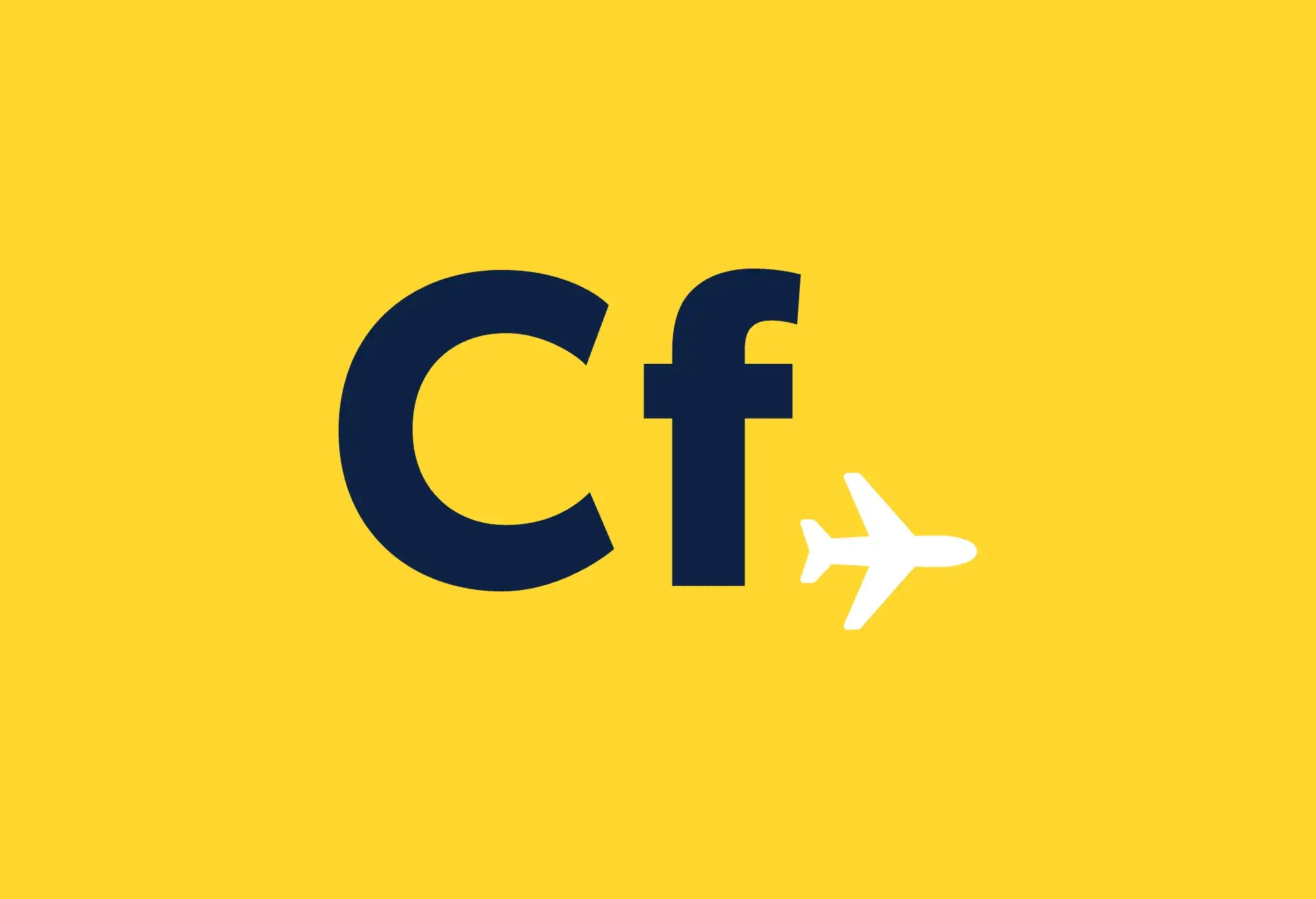Bitten by the travel bug after a trip to Thailand, Matthew Kepnes traded in his cubicle job to become a world traveler, visiting and writing about locations around the globe. An expert at seeing the world without breaking the bank, Matt shares his extensive travel know-how on his site, NomadicMatt.com, which guides travelers through the entire process that goes into traveling. He’s been featured in The New York Times, National Geographic, on CNN and BBC, among other outlets.
Cheapflights: How liberating was it to quit your corporate job – at 25 – to travel around the world? What advice would you give to someone with similar wanderlust?
Matt Kepnes: I found it very liberating. I don’t think there’s a person who wouldn’t find that liberating. I don’t like giving specific advice to people on whether or not they should do what I did as everyone’s situation is different but I simply tell people to follow their heart. If you really want to do something, do it. Everything will work out and if it doesn’t you can always come home. At the end of your life, you’ll be happier you tried, even if you failed, than if you never tried at all.
CF: How would you recommend meeting locals (personally and, of course, because they’re the best source for in-the-know info)?
MK: Using meet-up sites like CouchSurfing and Meetup can be a great way to find friendly locals looking to show you around the city.
CF: As a budget travel expert, you demonstrate that money isn’t the biggest factor in travel. What recommendations do you have for our cash-strapped readers?
MK: Think outside the box and be flexible. The fancy vacation you see on TV isn’t the only way to travel. Changing your dates, waiting for last-minute deals, and staying in local hotels instead of big chains can save a lot of money. Skip dinner and have the lunch menu, which is often the same food at half the price. Use tourist city cards to save money on tourist attractions. There are a huge number of things that can be done.
CF: What advice would you give someone who wants to visit a destination that’s completely new and out of their comfort zone?
MK: Don’t be scared. Just enjoy it.
CF: Conversely, have you noticed changes in the way Americans are perceived and treated overseas?
MK: I have never noticed any anti-Americanism abroad, even during the Bush years. That was more anger at Bush policies than Americans themselves – the whole “the world hates America” thing was a myth made up by the media.
CF: What are some noticeable changes in travel trends that you’ve seen?
MK: Travel is a lot more reliant on technology now. Smartphones, blogs, apps, etc. are more ubiquitous than they were when I started traveling in 2006. Hardly anyone carried a computer, Wi-Fi was rare, and it was not often you saw someone with a phone. Now, everyone has a netbook, a phone, and 90 percent of hostels tend to offer internet for people.
CF: What’s the biggest surprise – positive or negative – that you’ve encountered while traveling?
MK: That people around the world are essentially the same: they wake up, go to work, worry about bills, their children, want to be left alone to lead their own life, etc. It really helps show that despite all our differences, we’re fundamentally the same. It’s a hopeful thought.
Cheapflights is proud to have guest voices express their opinions. The views expressed are the author’s own and do not necessarily reflect those of Cheapflights Media (USA) Inc.


